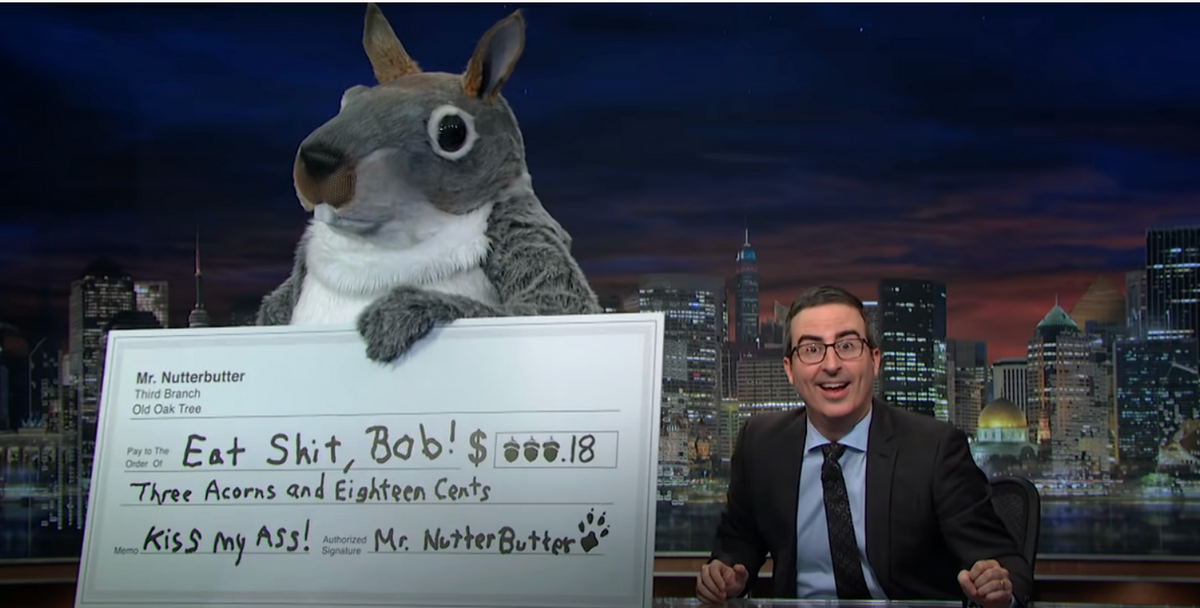Journalism & the First Amendment

The freedom of the press is probably one of the most fundamental and vital freedoms to any democracy around the world. Journalists and even civilians, when the occasion calls for it, sacrifice and work tirelessly to ensure that the most important stories of our time get told. The protection of free speech and a free press is vital to any and all functioning democracies, and shields like the First Amendment help journalists and outlets to investigate and inform the public, holding people in power accountable without fear of government retaliation.
As the reach and access to our world continue to expand and evolve with the growth of social media platforms and web connectivity, the challenges surrounding the protection of the press and regular people have also evolved. The damage that reckless or unethical, biased reporting can do to others is higher than ever before, as are the potential consequences for speaking truth to power. The First Amendment should protect journalists in their difficult, high-risk jobs. From whistleblowing to investigating to government coverage, this work is of high value and public interest.
All that said, this isn’t a get-out-of-jail-free card that should or can be used just because. Being a journalist is a form of public service, in my opinion. It’s not just a right; it’s a responsibility to be ethical, do your due diligence, and have the public’s interest in mind when you make choices as an investigator.
Without getting too off-topic because I feel like this deserves an entire post to itself, I feel like some journalists, news anchors, etc., are quick to use the First Amendment as a defense for spreading misinformation without due diligence. The line between fact and fiction has shifted, and some so-called journalists have lost the meaning and significance of being a journalist and the weight they should carry.
So yes, freedom of the press should be protected, but just because we can say something doesn’t mean we should. There should be consequences for a blatant disregard of fact or reckless reporting because they do have real-world consequences for the people who rely on us for information. If you consider yourself a journalist or a researcher, or your job is to inform people in any way, you should hold yourself to a high standard, and if there is a reckless disregard for the truth, then there should be legal recourses available to the aggrieved.
On the opposite end, you have SLAPP suits, which are a form of suppressing speech through senseless suits and legal proceedings, intimidating reporters (especially from local or indie news sources) and regular people alike who don’t have unlimited resources to fight out a lengthy legal process, from presenting their findings freely.
A very public example of a SLAPP suit comes from one of my favourite shows, Last Week Tonight with John Oliver. In 2017, they did a piece on Coal, and in it, they criticized private oil tycoon Bob Murray for unsafe and unfair labour practices, along with his blatant disregard for the environment. The story also featured a person in a mascot squirrel costume holding up an oversized cheque that said, “Eat shit, Bob,” a reference to a cheque sent out to a miner working for his company for mere cents.

Murray proceeded to sue HBO, claiming character assassination. HBO then spent a year and over 200,000 dollars in legal fees fighting this lawsuit until it was dismissed, arguing that what Oliver mentioned in his story was either factual or clearly satirical. It was only partially covered by insurance and resulted in a tripling of their libel insurance premium. All this to say, he was very lucky to have HBO standing up for him.
It wasn’t until November of 2019 that Oliver was even able to mention the story, the suit, or Murray, so even though the suit was frivolous, it did its job. It stopped HBO and John Oliver from being able to criticise him in the way they did in 2017.
He proceeded to break this down in a separate segment about SLAPP suits, saying;
“Winning the case was never really his goal,” Oliver said, later explaining that “by cultivating a reputation for being aggressively litigious, Murray may have actually got what he wanted and successfully applied a chokehold on how he is covered [in the media].”
The entire segment is worth watching, by the way. He enacts his revenge through a 5-minute musical number that explicitly tells Bob Murray to “Eat Shit” and stretches the precedent set by Hustler Magazine v Falwell, 1988, which protects parody and satire of individuals and the results of their own case, Murray v HBO as far as humanely possible.
The judge said that SCOTUS has consistently protected loose, figurative language that no reasonable person would interpret as factual. They use that to accuse him of outlandish things like assassinating Francis Ferdinand and “[telling] Hitler to quit painting and to find a new career.”, all of which is, in fact, protected speech!
Unfortunately, and on a more serious note, as Oliver says in the piece, not everybody has HBO and HBO levels of disposable income to spend fighting frivolous lawsuits. There needs to be Anti-SLAPP laws enacted on a federal level that deter powerful, rich people from using the legal system in a way that silences legitimate dissent.
To conclude, common sense also needs to prevail here. Yes, journalists should be protected from SLAPP suits, or any type of retaliation for doing their jobs of informing people, and NO, that does not mean that you can, in turn, say whatever the hell you want and convey it as fact to the people who rely on you for information, and expect there not to be consequences for it. With misinformation running rampant and live fact-checking doing little to change people’s minds once they are exposed to it, we need to have standards.

